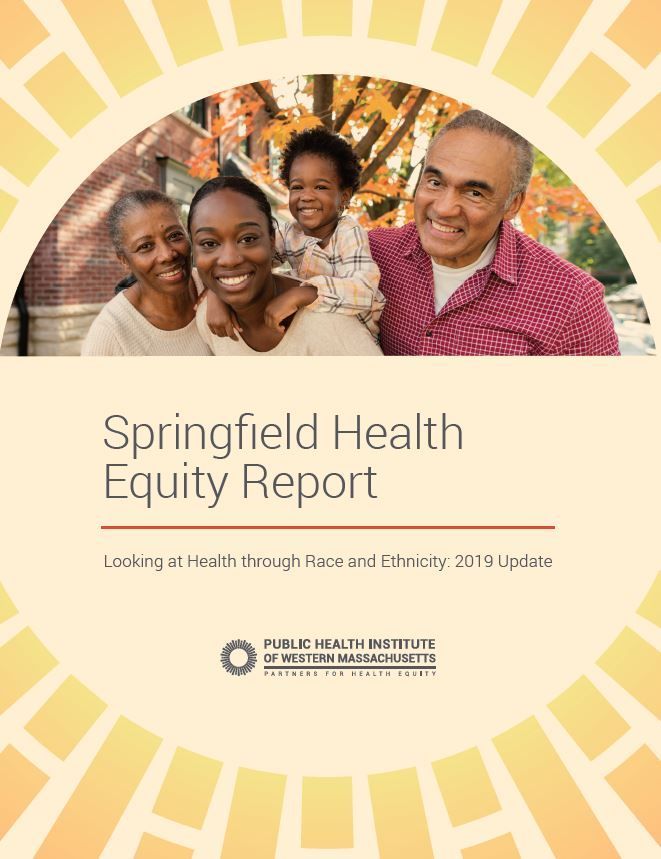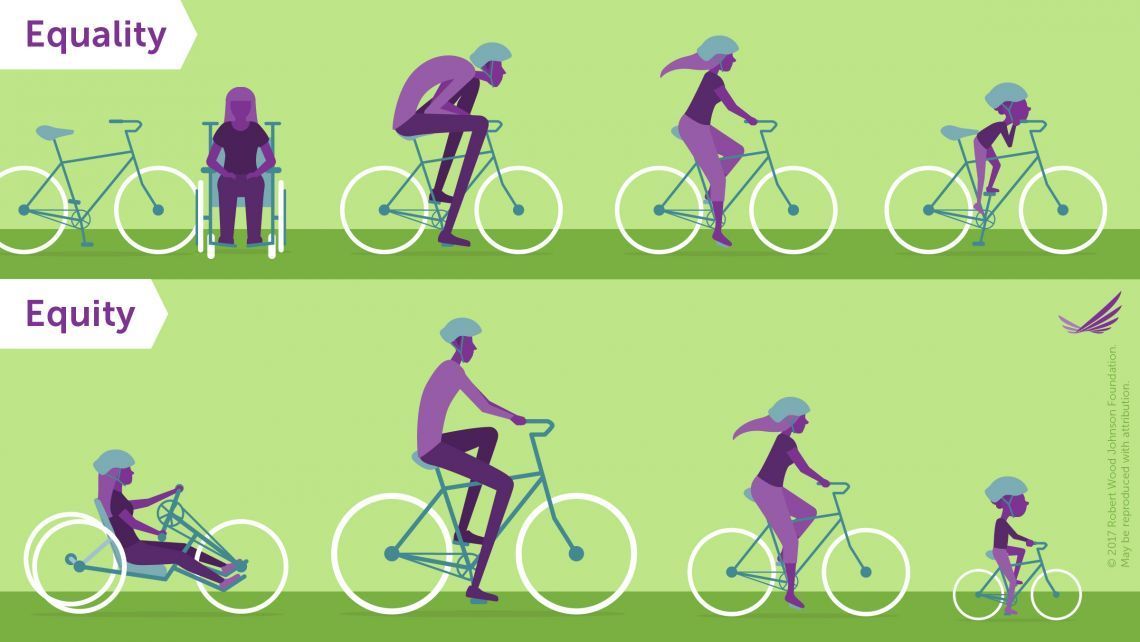What is Health Equity?
OUR HEALTH EQUITY STATEMENT
A historic legacy of social, economic, and environmental inequities, such as racism and gender-based discrimination, are embedded in societal institutions and result in poor health. These unjust inequities affect communities differently with some bearing a greater burden of poorer health.
These inequities can influence health more than individual choices or access to healthcare.
PHIWM recognizes its responsibility to dismantle these injustices by promoting health through policies, practices, and organizational systems that benefit all.
We encourage others to join in these efforts.

What is Health Equity?
Health equity means achieving the conditions in which all people have the opportunity to realize their health potential — the highest level of health possible for that person.
Health equity is an issue of justice. Health status is determined by where people live, their income, and how they are treated by other people. Addressing health equity requires recognizing that not everyone has the same opportunities to make healthy choices. A commitment to Health Equity requires taking bold action to eliminate barriers to basic human needs that create “unnecessary, avoidable, unfair, and unjust” health differences between populations.
As the Public Health Institute of Western Mass, we focus on the following strategies to address health equity:
- We use data, research, and evaluation to track and highlight health inequities.
- We develop and advocate for policy changes that will provide sustainable long-lasting impact.
- We build partnerships and coalitions to identify and address structures and policies that allow for inequities.
- We work with local residents and communities experiencing inequities to ensure meaningful participation in all of our work.
- We commit to life-long learning to advance our individual and organizational knowledge of cultural humility, white privilege, and internalized racial oppression.
These strategies enable us to bring people together in our region to build measurably healthier communities.
EQUALITY IS NOT EQUITY
We can only achieve health equity when “everyone has the opportunity to attain their full health potential,” regardless of their race, gender, education, sexual orientation, or economic background. Expanding these opportunities requires thinking beyond “one size fits all” strategies that don’t take into account the reality that every individual starts at a different place in life and has a unique set of circumstances and needs affecting his or her health.
As demonstrated in the image below, a “one size fits all” approach to health is a lot like providing everyone with the same bicycle, regardless of their height, age, or physical needs — factors that have a substantial impact on an individual’s opportunity to actually use the bike provided. On the other hand, an equity-driven solution would work to ensure each individual has the resources they specifically needs to achieve a shared objective. By providing everyone with a cycle specifically suited to their needs, all individuals have the opportunity to actually ride.


